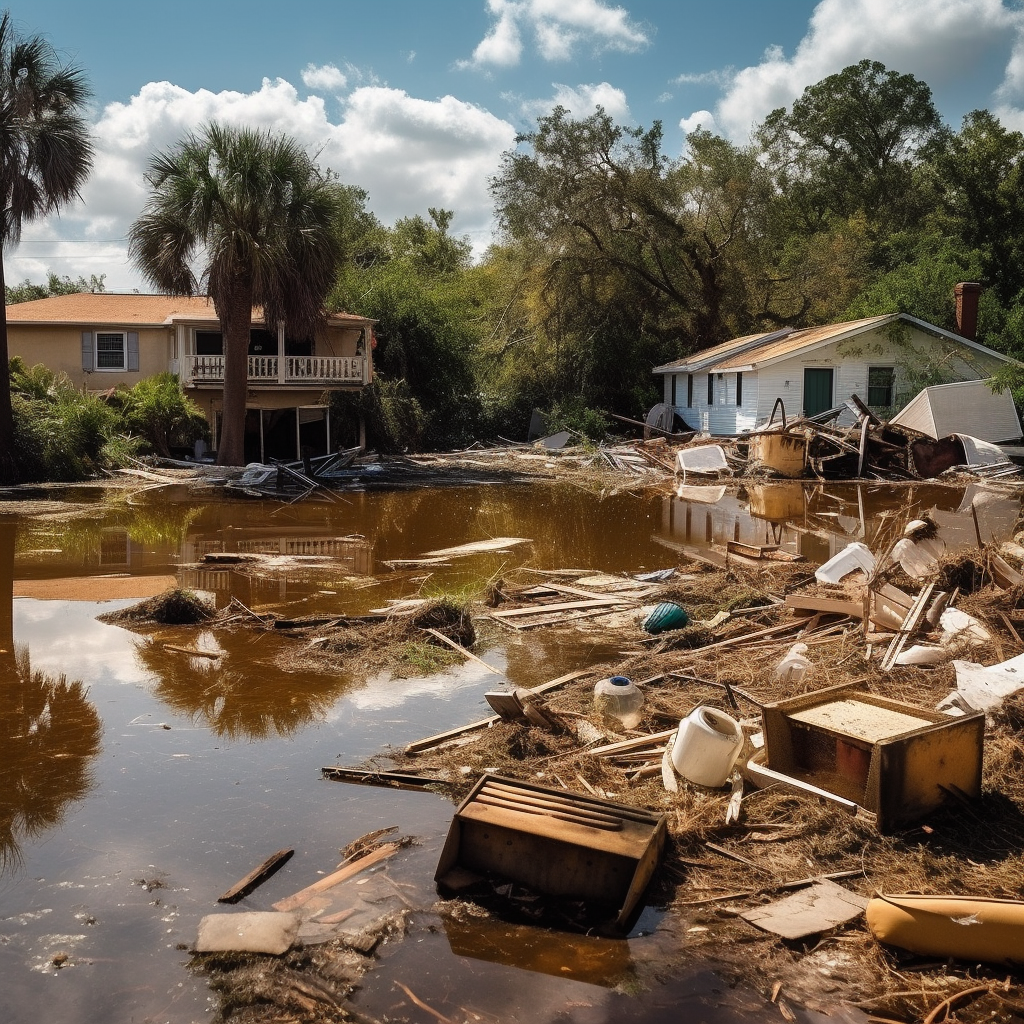September 22, 2023
Climate Change Threat – Property Insurance Bubble in Florida
Book a Demo
In September 2022, South West Florida was severely impacted by the Category 4 Hurricane Ian. The streets were flooded, trees were downed, and debris filled the region, marking yet another natural disaster for the state. This alarming frequency and the high costs associated with such natural disasters are causing a significant shift in the property insurance landscape in Florida. Rising rates and an increasing number of insurance companies are exiting the state due to these escalating risks.
A recent study from the First Street Foundation has raised concerns about an impending “climate insurance bubble.” This would be a result of escalating insurance rates and the risks linked with climate-related disasters. The study warns that such a scenario could have a serious impact on Florida’s housing market and the state’s overall economy.
The research indicates that approximately 39 million homes across the United States could depreciate in value. This is due to insurance companies beginning to factor in climate risks into their premium calculations. Companies like Farmers Insurance Group have already ceased insuring certain areas due to the increased risk of natural disasters brought on by climate change.
A report by the American Economic Journal has also warned that Florida’s real estate could be the next bubble to burst due to the climate change threat. The market, as it stands, has not yet incorporated the risk associated with climate change. The report suggests that properties that are susceptible to rising sea levels could potentially lose up to 15% of their value once the risks of climate change are considered.
Miami-Dade County, which is predicted to experience the highest sea level rise in Florida, holds the properties most at risk. The potential burst of this bubble could give rise to a financial crisis similar to that of 2008. This looming threat emphasizes the urgency to address and incorporate climate change risks adequately in the property and insurance market, not just in Florida, but across the United States.



